RNA SOLUTIONS – Why it is important to engage with citizens and promote trust in science

Vaccines against COVID-19 have brought into the spotlight RNA solutions to diseases. Back in 2021, and far beyond the scientific realm, expectations on the development of mRNA vaccines were high. This is part of our collective memory. In the following years, the role of implementing vaccination with this kind of vaccine in the course of the COVID-19 pandemic is deemed key.
Exploring RNA solutions to infectious and non-communicable diseases was conceived as a multidisciplinary initiative at the interface between science and society. It was held at the School of Medicine and Biomedical Sciences (ICBAS) of the University of Porto (U.Porto). The event included an open symposium and a Science and Art exhibition.
The symposium was organized with contributions from diverse disciplinary fields – molecular biology, sociology, immunology, communication design – and developed around several questions:
- What is the state of the art in research focused on RNA therapeutics?
- How promising (and broad) are the results?
- How do the expectations drive research?
- How does biochemistry matter?
- How does the science-society dialogue matter?
- How relevant are communication strategies and design?
- Why can (and should) citizens be involved in the process?
The session – held on 27 November, 2023, in the ICBAS Main Hall – was opened by the President of the Portuguese Biochemical Society, Vítor Costa. The invited speakers were M. Carmo-Fonseca (ULisboa), Ana Delicado (ULisboa), Luís Graça (ULisboa), Heitor Alvelos (UPorto), who actively participated in a lively debate co-chaired by Ana Sofia Carvalho (UPorto) and Jorge Pedrosa (UMinho). The importance of collaborations between different areas of knowledge was emphasized, reinforcing the conviction that something new and more accessible to different audiences can emerge from this type of crosstalk. The relevance of promoting trust in science was highlighted.
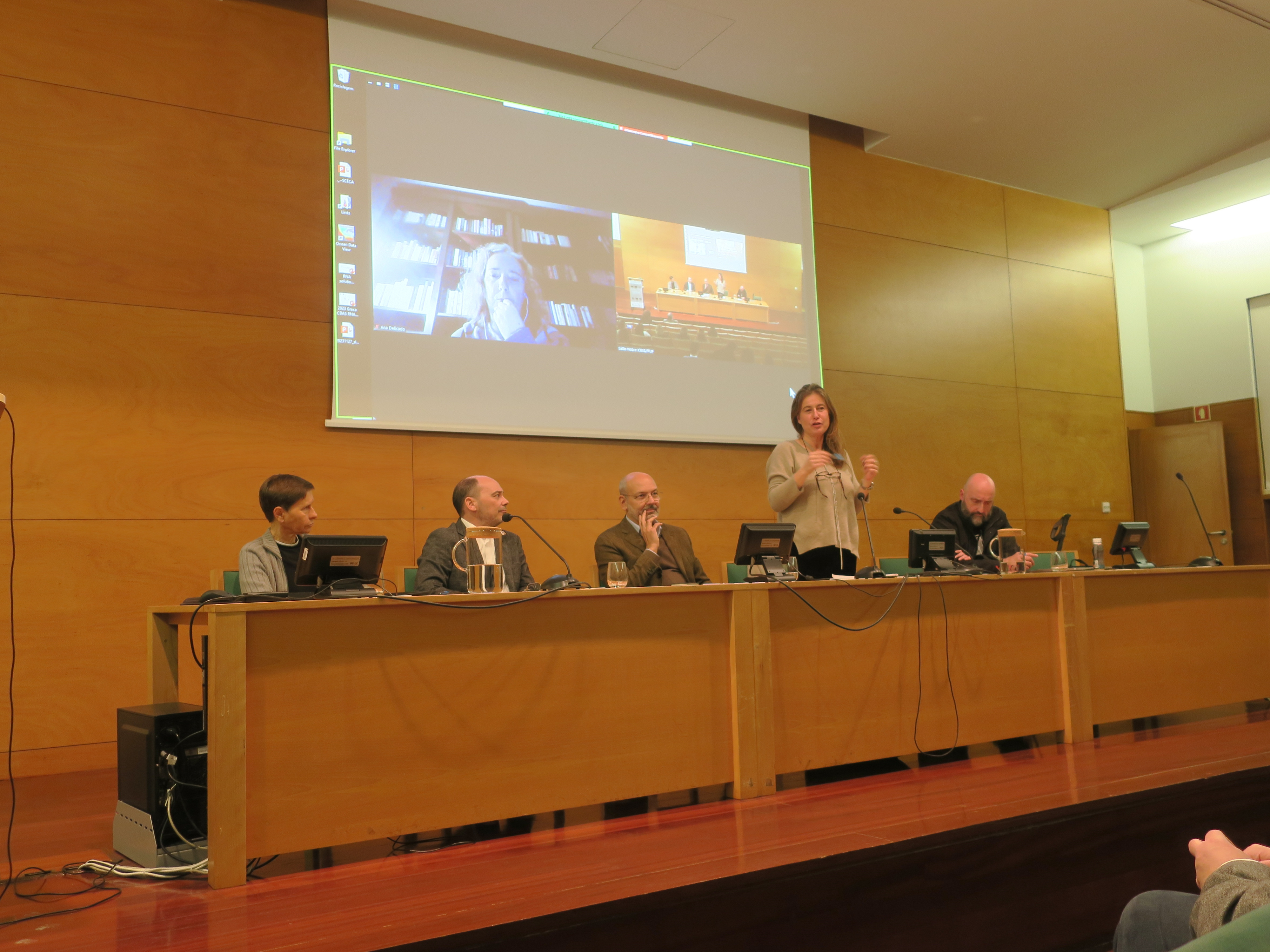
The symposium brought together over sixty people, including researchers, students and general public outside the academia.
The exhibition focused on the visual culture of RNA research, including images such as autoradiographs, electrophoresis gels, RNA fluorescence in situ hybridizations (RNA-FISH), electron micrographs, heatmaps of RNA-seq results, immunofluorescence micrographs and RT-qPCR plots. Composed of a series of large format images of those visual traces that populate research labs, it was structured into three sections:
Bench Scenarios – images of laboratory daily life showing steps in RNA extraction or cell culture medium preparation, as well as images of laboratory notebooks;
Cellular Places – transmission electron microscopy photographs of some cellular RNA places, such as the nucleolus or even the rough endoplasmic reticulum and the ribosomes;
RNA Evidence – from micrographs of RNA nanoparticles illustrating possibilities for recent therapeutic approaches to different pathologies, to a diptych showing histological results of a therapeutic approach to transthyretin amyloidosis explored by RNAi (interference RNA) gene silencing in the context of a preclinical study, to several other images of RNA evidence, such as gel electrophoresis images and autoradiographs, RNA-FISH (RNA fluorescence in situ hybridization) micrographs, RT-qPCR (reverse transcriptase quantitative polymerase chain reaction) amplification results, RNA-seq results (RNA sequencing) evidenced by heatmap or UMAP (uniform manifold approximation and projection), and also by immunofluorescence micrographs illustrating the presence of anti-ribonucleoprotein antibodies, in autoimmunity. A number was organized in a video projection (and displayed in loop).
Images to the exhibition were provided by: Alexandra Correia (ICBAS and i3S), Alexandre Lobo da Cunha (ICBAS and CIIMAR), Ana Borges (i3S), Anabela Nunes (i3S), Bruno Cavadas (i3S), Esmeralda Neves (CHUdSA and ICBAS), Inês Claro (i3S), Isabel Castro (i3S), Maria João Saraiva (i3S), Marília Torrado (i3S), Pedro Moreno (i3S), Pedro Pinto (via i3S) and Vítor Costa (ICBAS and i3S).
The exhibition was held in the Foyer of the Main Hall, from 27 November to 13 December. It is expected that it will also be held at i3S, Institute of Research and Innovation in Health, later in 2024, and we believe this will be an opportunity to implement guided tours for schools.
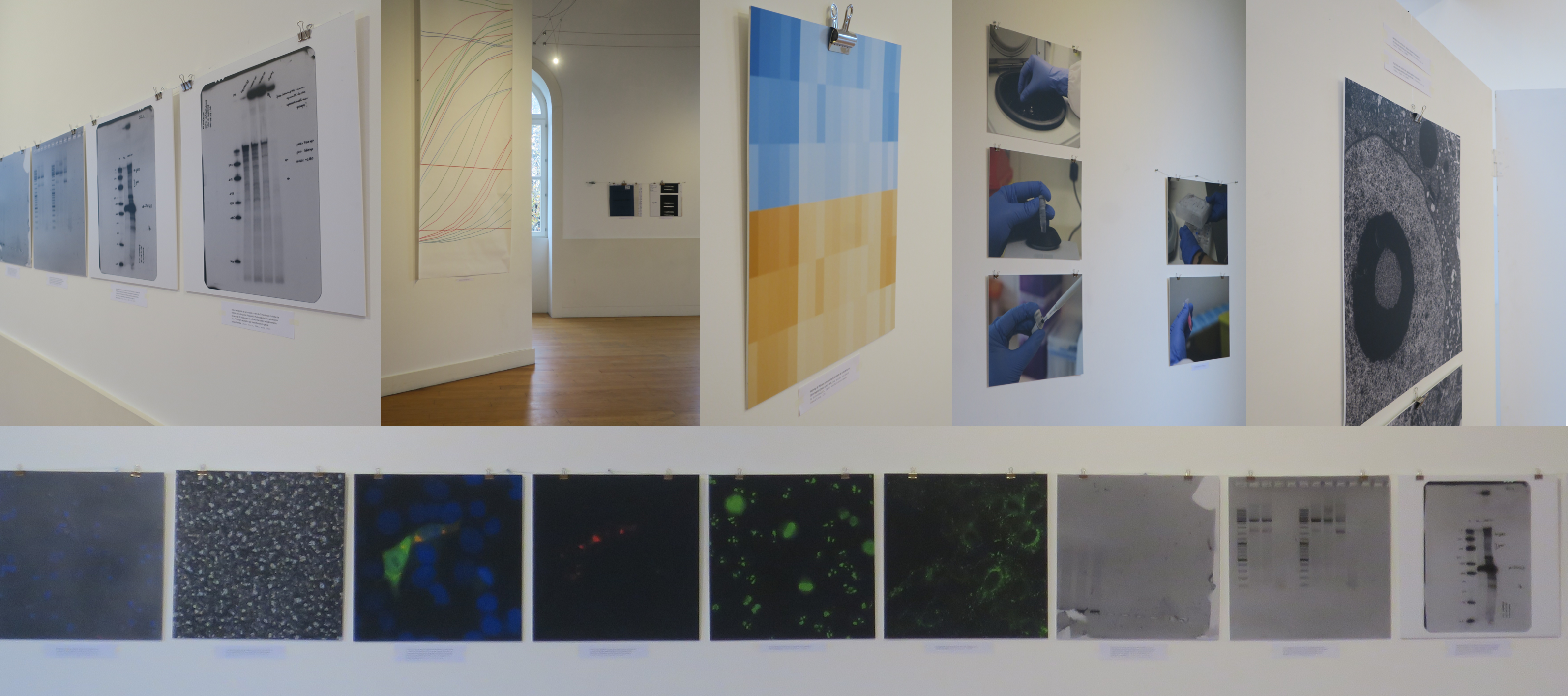
The dissemination of the event was based in a website built for the purpose (Soluções de RNA | RNA Solutions), announced at the institutional website, at the events portal of U.Porto and by email. The support of ICBAS Communication and Image Office is acknowledged.
The website will be a long-lasting outcome of the initiative. Bringing science to the public, is a way of fostering dialogue and promoting trust in science.
The organizers:
Maria Strecht Almeida (ICBAS, U.Porto)
Alexandra Moreira (ICBAS and i3S, U.Porto)
Manuel Vilanova (ICBAS and i3S, U.Porto)
This event was organized by the Portuguese Biochemical Society (SPB) and was one of the winners of the call for proposals for ‘Science and Society’ Constituent Society events/activities, awarded by the FEBS Science and Society Committee.
Top image by Maria Strecht ©.

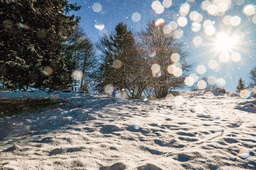

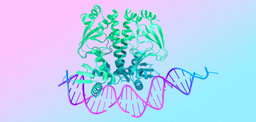
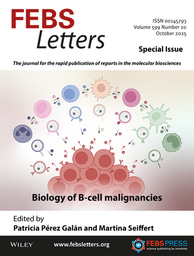
Join the FEBS Network today
Joining the FEBS Network’s molecular life sciences community enables you to access special content on the site, present your profile, 'follow' contributors, 'comment' on and 'like' content, post your own content, and set up a tailored email digest for updates.